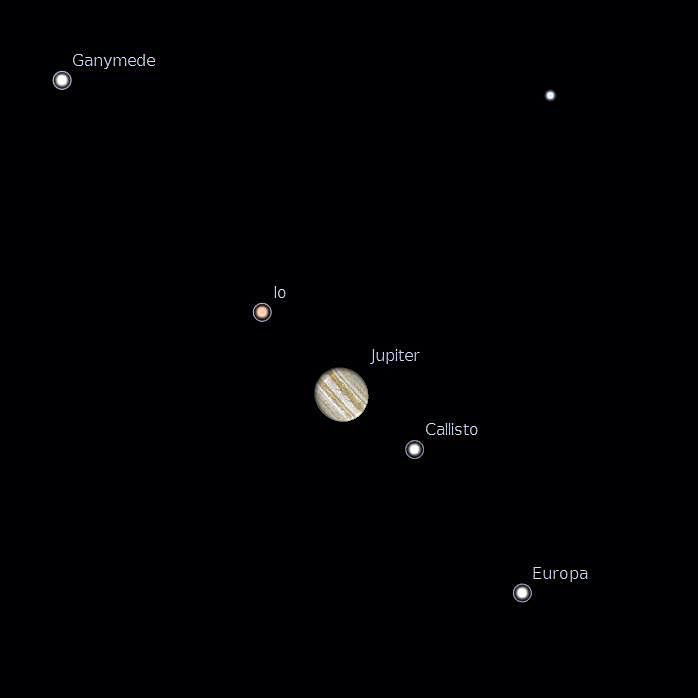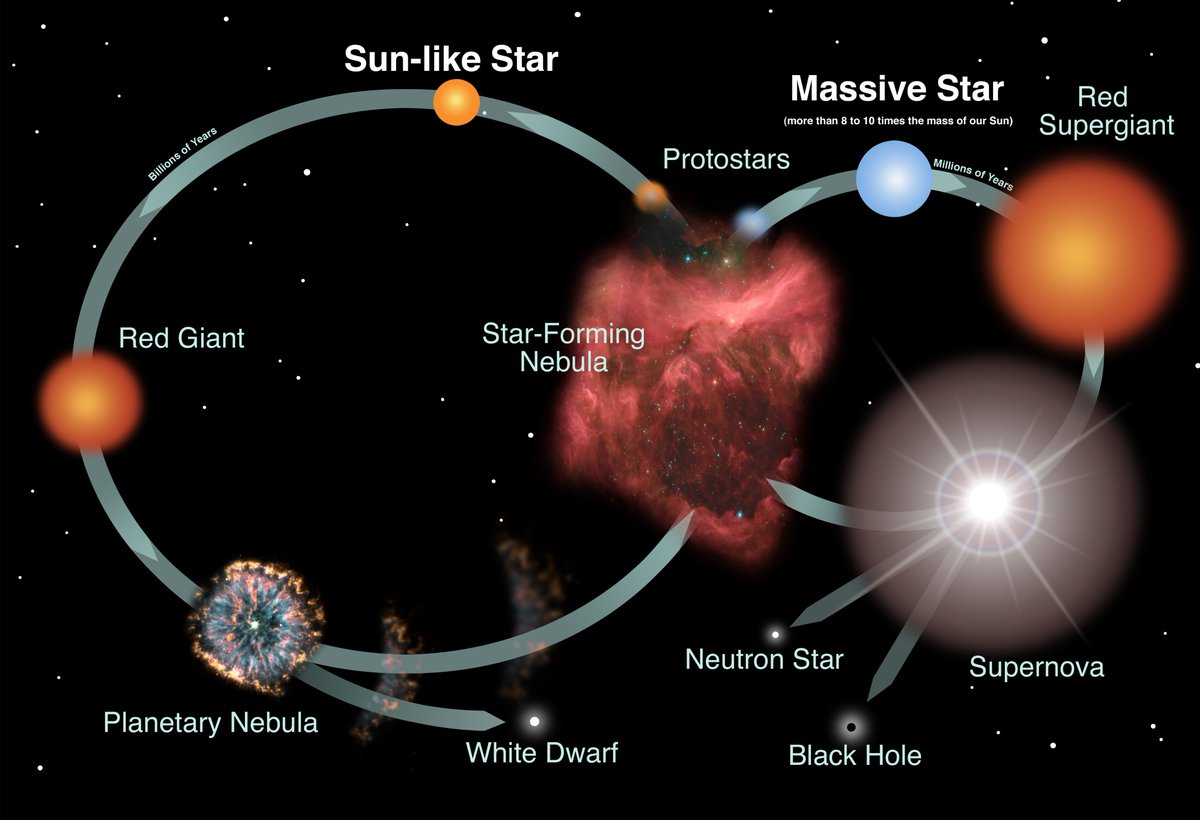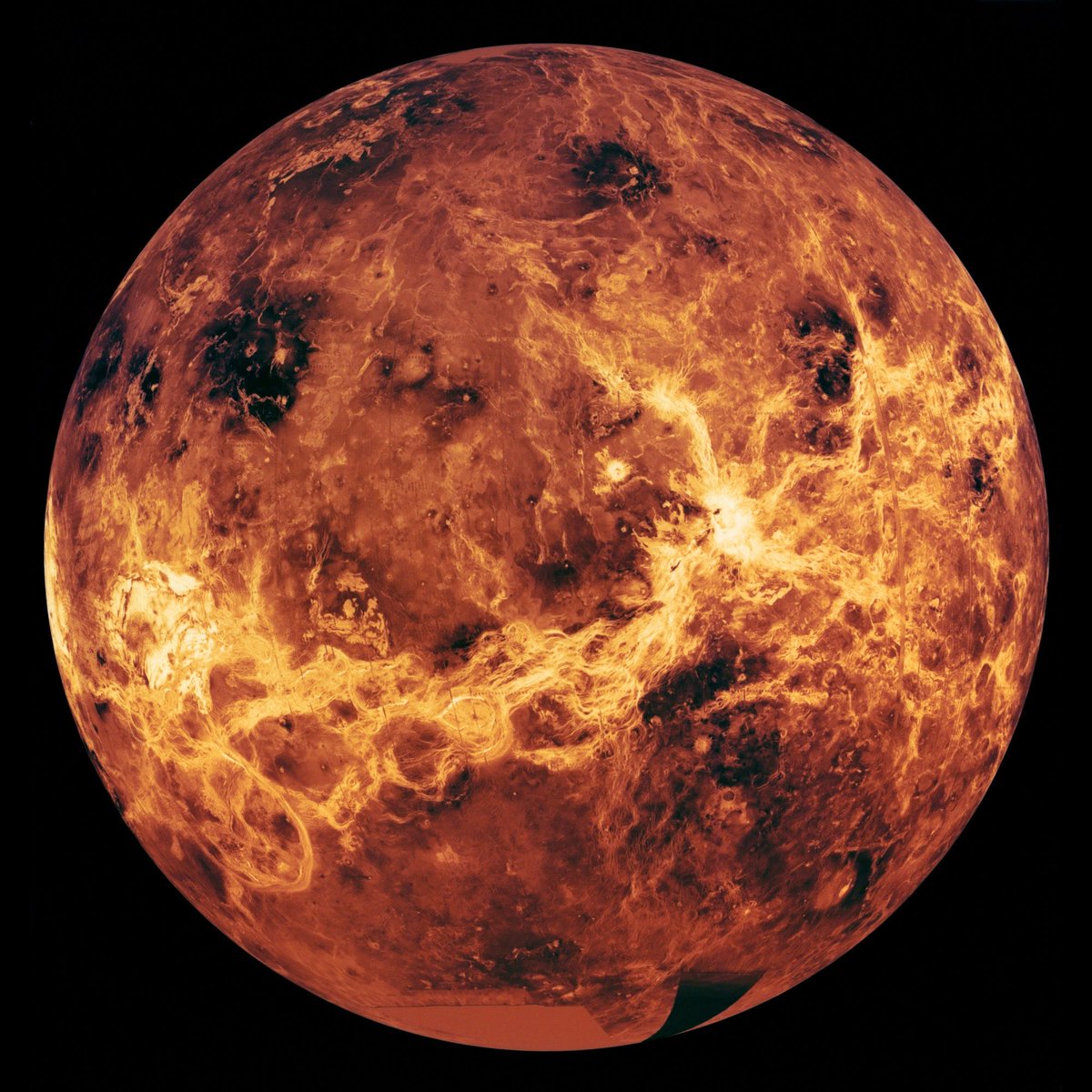
🪐 utsa/swri physics phd student | ❄️ europa clipper grad affiliate | 🚀 nasa solar system ambassador | space news • photos • facts ↓ links
How to get URL link on X (Twitter) App



 I’ve done research ranging from exoplanetary atmospheres to Mars’s surface and I interned at NASA Goddard last summer!
I’ve done research ranging from exoplanetary atmospheres to Mars’s surface and I interned at NASA Goddard last summer! 

 The fact that Jupiter’s opposition lined up perfectly with this event is beautiful 🥹
The fact that Jupiter’s opposition lined up perfectly with this event is beautiful 🥹



 a stable climate for about BILLIONS of years! So what caused our “sister planet” to become like this? It is believed that a resurfacing event completely altered the planet’s landscape. Based on scientists who have looked into the planet’s past, it seemed the planet had...
a stable climate for about BILLIONS of years! So what caused our “sister planet” to become like this? It is believed that a resurfacing event completely altered the planet’s landscape. Based on scientists who have looked into the planet’s past, it seemed the planet had... 
